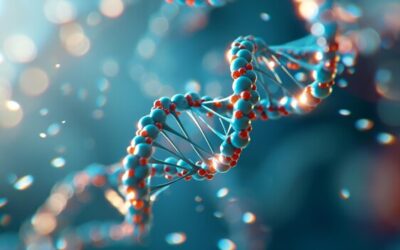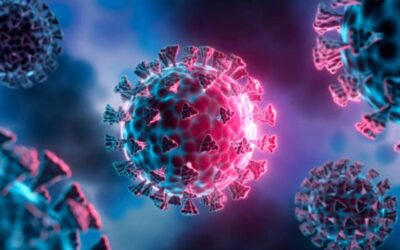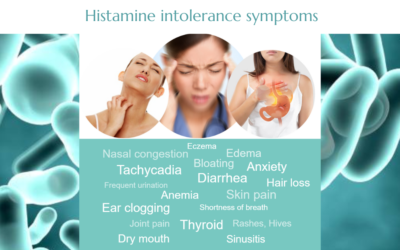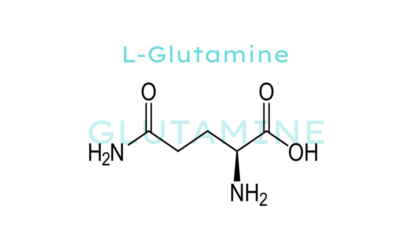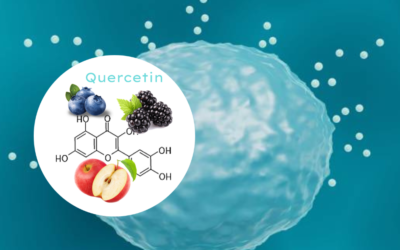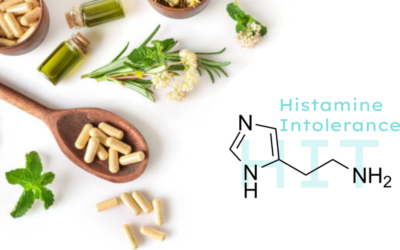Histamine & Autism
Evidence-based information
Introduction
Histamine intolerance, also referred to as enteral histaminosis or sensitivity to dietary histamine, is a disorder associated with an impaired ability to metabolize ingested histamine that was described at the beginning of the 21st century. (1) HIT results from a disequilibrium of accumulated histamine and the body’s ability for histamine degradation. The prevalence of this health issue is increasing due to various conditions such as long-term intestinal issues, microbiome imbalance, SIBO (Small Intestine Bacterial Overgrowth), and more…
If you have strange symptoms of unknown origin you will probably find the answer in the articles below.
HIT is an over-accumulation of dietary histamine. In some cases, MCAS causes the problem when the mast cells release too much histamine, i.e., it is not a “simple” histamine intolerance when there is a problem with the breakdown of dietary histamine.
High Homocysteine -The Hidden Dangers and How to Fight Back
One-carbon metabolism is a critical biochemical pathway that plays a pivotal role in cellular function, DNA synthesis, repair, and methylation processes. This metabolic pathway is intricately linked to the availability of B-vitamins, the balance of...
COVID and Histamine
The link between long-COVID and Histamine The link between long-COVID and Histamine is already apparent. Long-COVID is also referred to as ‘post-COVID syndrome.’ It is defined as symptoms that develop during or following an infection consistent with COVID-19 and...
Histamine intolerance symptoms
Histamine intolerance literally does not exist. Intolerance does exist to other externally administered substances, e.g. fructose, lactose. Histamine is constantly produced and broken down in the body, histamine taken from the outside is not normally a...
Butyric acid
Butyric acid is a short-chain fatty acid believed in providing optimal benefit to the gastrointestinal tract. It is highly produced in the gut by bacterial fermentation of undigested carbohydrates such as dietary fiber.Butyric acid has been scientifically shown to...
L-Glutamine
L-glutamine L-glutamine, the universal amino acid. L-glutamine is the most common amino acid in the bloodstream, accounting for 30-35% of the amino acid content of the blood. This is a well-known and popular dietary supplement not only for athletes but it...
Quercetin
Quercetin is certainly one of the most exciting dietary flavonoids. It's been linked to improved exercise performance and reduced inflammation, blood pressure, and blood sugar levels. Plus, it may have brain-protective, anti-allergy, and anticancer properties, and it...
Treatment of histamine intolerance
Treatment of Histamine intolerance Histamine intolerance occurs when histamines, chemicals released by the body in response to allergens, build up in the body and have a negative impact on health and well-being. People with Histamine intolerance may experience...
What is Hitamine intolerance
What is histamine intoleranceHistamine intolerance is associated with impaired histamine breakdown in the body.Histamine is a chemical that plays a key role in the functioning of the immune, digestive, and nervous systems. As a neurotransmitter in the nervous system,...
Histamine intolerance or MCAS
Histamine intolerance or MCAS? Histamine intolerance or MCAS (Mast Cell Activation Syndrome.) There is not much difference between the symptoms of these two health issues. In this article, we discuss the details related to the difference. Difference between...

